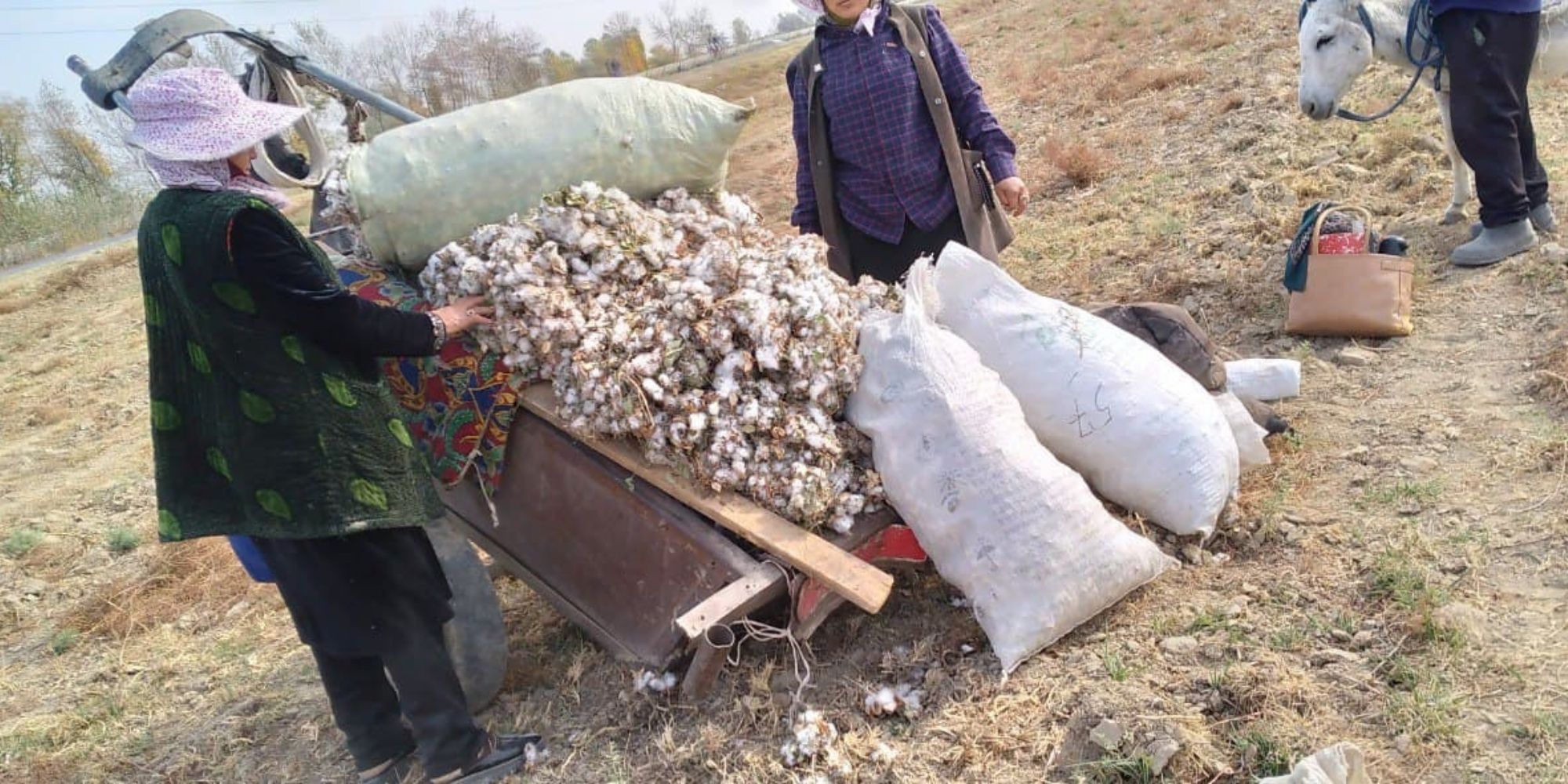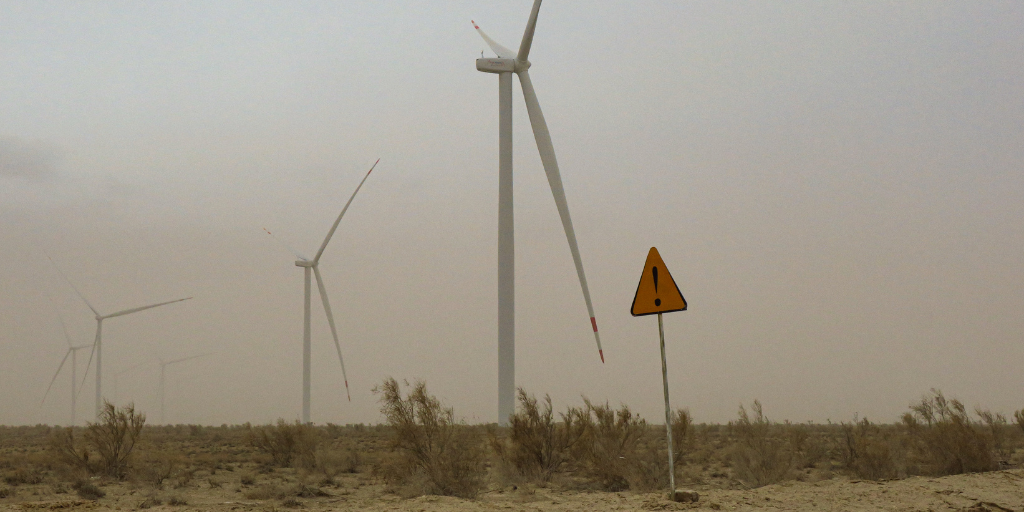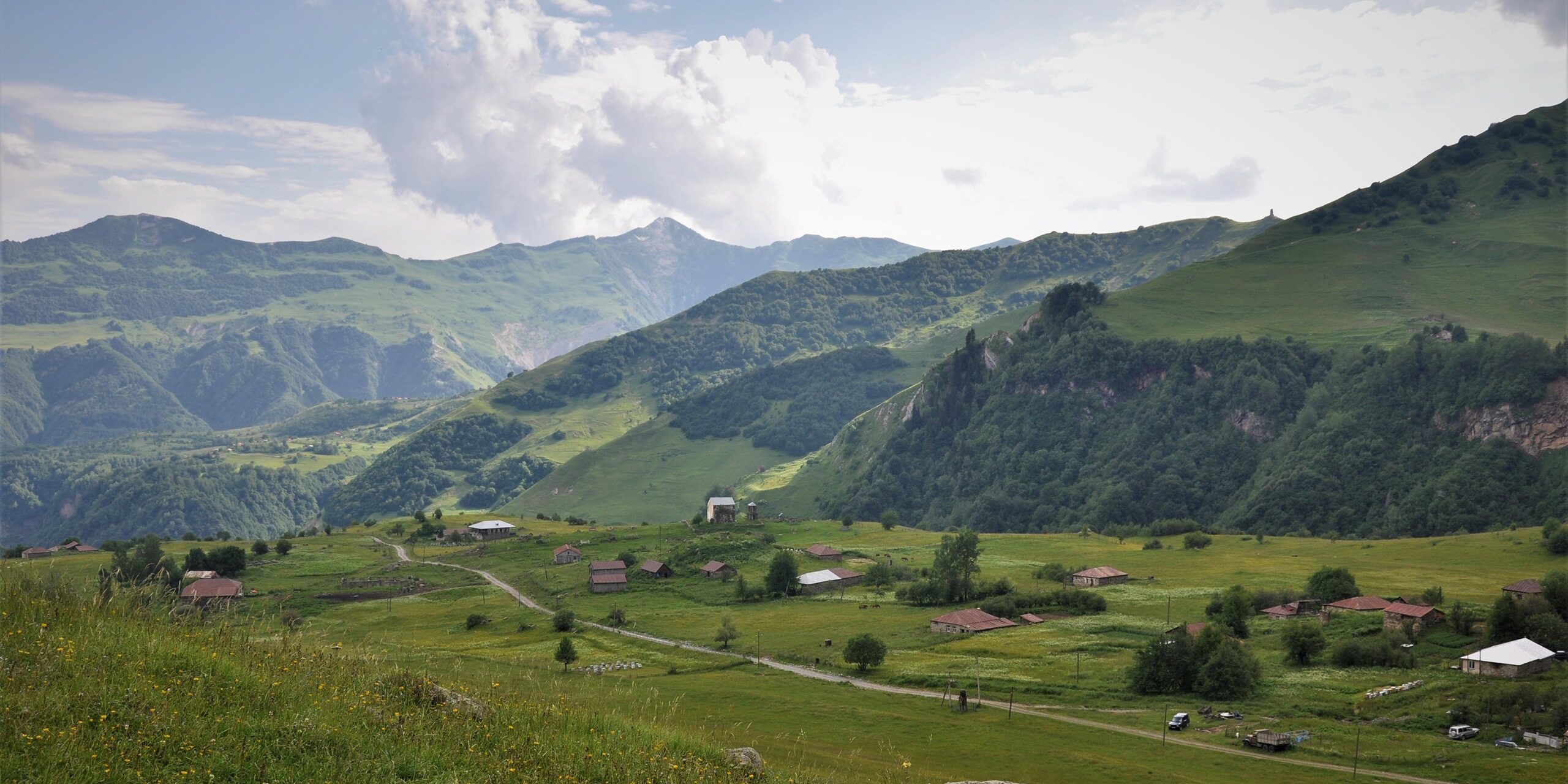Whether in Europe or beyond, public money must not become an auxiliary for human rights violations or the marginalisation of affected communities.
We expose cases where development banks fail to protect those impacted by their projects.
We advocate for participation and consultation processes that are not pro-forma exercises, but a tool to ensure people’s well-being.
We run a helpdesk where activists and communities can get advice on how to challenge controversial projects being considered for funding by development banks.
Close to frontline communities
We’re in direct contact with affected communities and provide updates from their struggles.
Image (c) Rosa Vroom
IN FOCUS
The Reconstruction of Ukraine
The scale of destruction caused by Russia’s aggression against Ukraine has been staggering. To repair the damage, joint efforts to coordinate donations and properly plan Ukraine’s reconstruction must start as soon as possible.
A successful reconstruction of Ukraine cannot happen without involvement of the Ukrainian people. That’s why we’re calling on international donors to ensure that the financial structures to help impacted communities are put in place and that civil society groups have a say in this process.
We believe that Ukraine and the international community have a unique opportunity to modernise the country while addressing people’s needs and long-term sustainability.
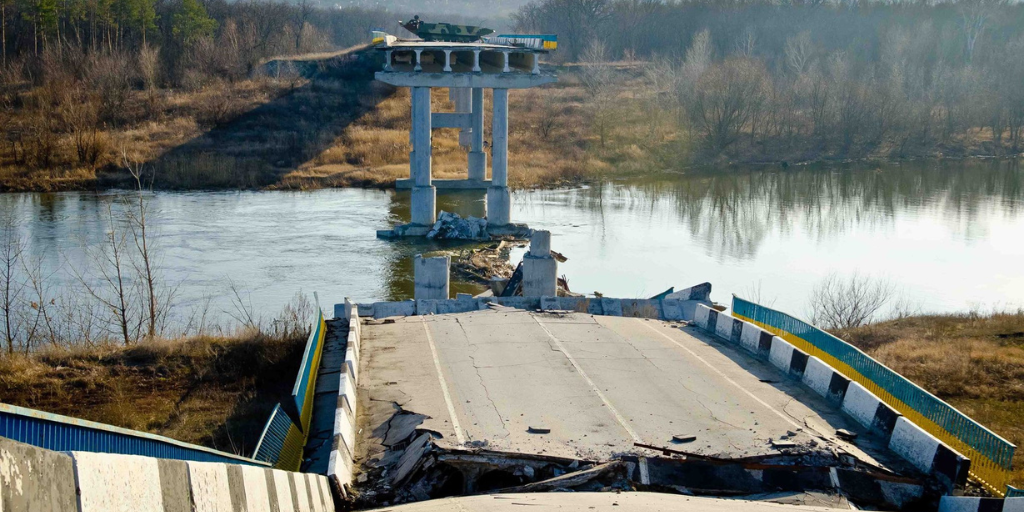
Amulsar gold mine, Armenia
The controversial Amulsar gold mine near the touristic spa town of Jermuk was supported by the EBRD equity investments, but blocked by locals after the velvet revolution in 2018. In spite of a number of legal threats and intimidation by the company, the blockade continued till the eruption of military conflict overNagorno Karabakh (Artsakh) at the end of 2020.
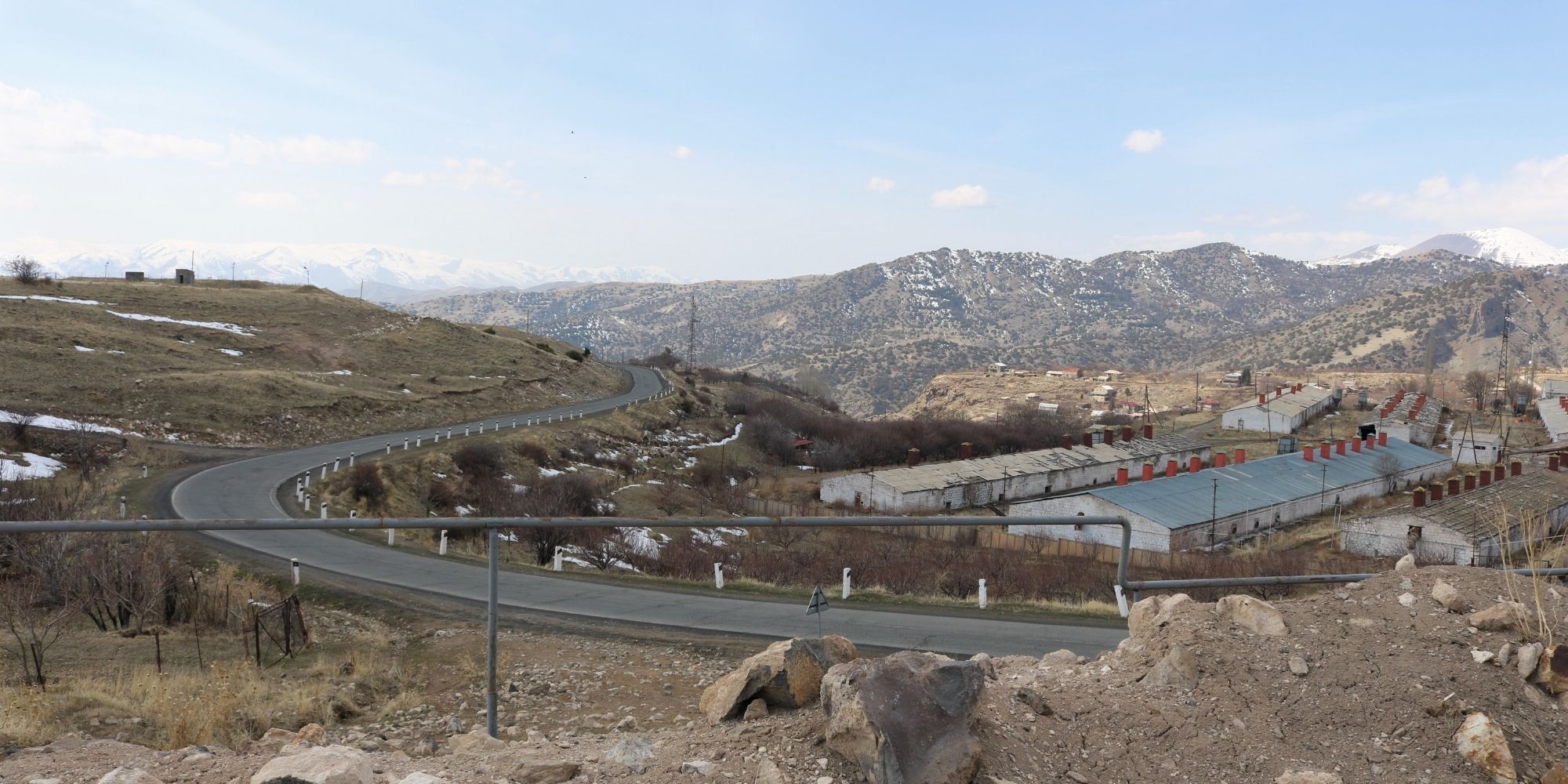
Myronivsky Hliboproduct (MHP), Ukraine
The leading Ukrainian agribusiness giant has been enjoying generous support in public funds and national subsidies. With over half a billion euros from the EBRD, EIB and the IFC, Myronivsky Hliboproduct PJSC (MHP) has grown into a near monopolist in poultry production. While MHP’s vertically integrated model has contributed to its status as a leading Ukrainian agribusiness, the scale and nature of its business have also contributed to mounting concerns about its social and environmental impacts. These concerns are compounded by patterns of poor community consultation and a lack of information provided about MHP’s operations, leaving project-affected people guessing about the true impacts of its operations.
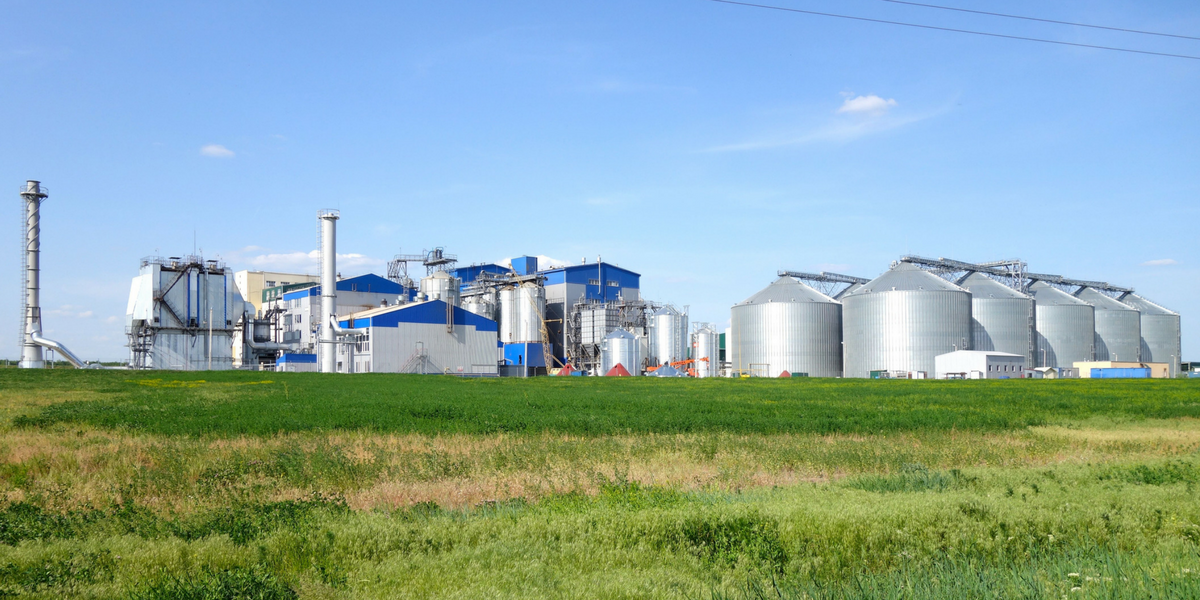
Corridor Vc motorway, Bosnia and Herzegovina
The Bosnian section of the international Corridor Vc is planned to run for 330 km through Bosnia and Herzegovina. Concerns about environmental impacts and threats to cultural heritage were raised by local people and cultural figures. The public discussions about the project have led to a series of scandals and a deadlock of the motorway’s development.
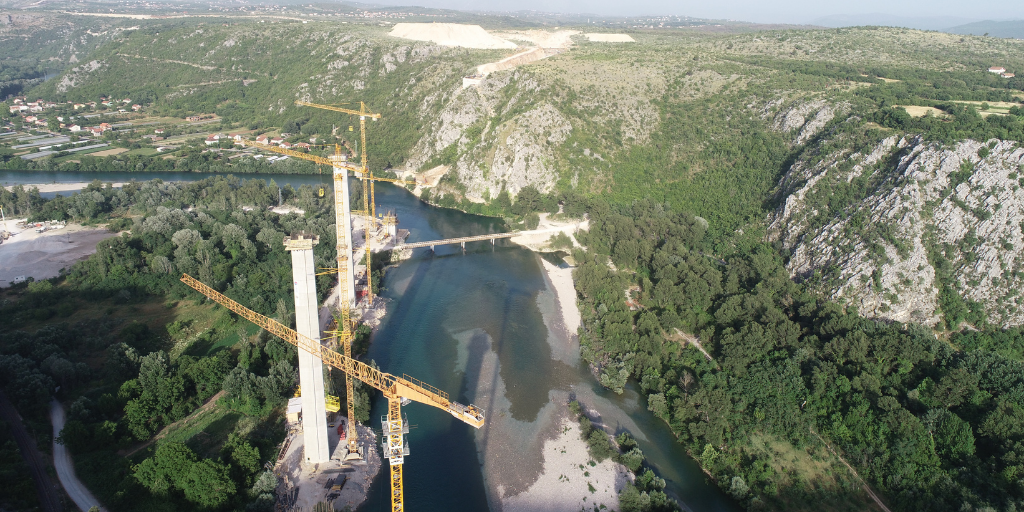
More of our projects
Indorama Agro: Uzbekistan’s infamous cotton producer
Despite being Uzbekistan’s largest cotton producer and receiving millions in development loans from the European Bank for Reconstruction and Development (EBRD), the Asian Development Bank (ADB) and the International Finance Corporation (IFC) – institutions that promote modernisation and corporate responsibility – Indorama Agro faces multiple complaints of worker mistreatment and retaliation.
Zarafshan, Bash and Dzhankeldy wind projects, Uzbekistan
The first large wind projects in the Central Asian country are being built in biodiversity hotspots and hinder the declaration of protected areas. The IFC, EBRD and ADB need to ensure that some of the most problematic turbines are moved away.
The Khada Valley, Georgia
The Khada Valley in Georgia brings together exceptional biodiversity, precious cultural and archeological heritage, and mountainous villages which have preserved rich traditions and historical lifestyles. But all of this might vanish if a 23-kilometer road from Georgia to Russia – the Kvesheti-Kobi project – is built.
Latest news
Big fish, small Parliament pond
Bankwatch in the media | 1 August, 2024NGO Bankwatch’s Anna Roggenbuck says the affair “shows a clear conflict of interest at the top management of the EIB, to which the Bank did not react.”
Read moreHoe de EU boeren om zeep helpt met miljoenensteun voor een Oekraïense kippenkoning
Bankwatch in the media | 18 July, 2024Met Europese steun bouwde het Oekraïense MHP een kippenimperium met zo’n grote marktmacht dat zelfs boeren in de EU er last van hebben. En …
Read moreWill the 2024 Ukraine Recovery Conference mark a turning point for municipalities?
Blog entry | 12 July, 2024It’s time to reflect on the 2024 Ukraine Recovery Conference (URC2024), held in Berlin in June. Bringing together over 3,400 participants across four thematic dimensions, with the Recovery Forum as the centrepiece, the conference highlighted the critical role of municipalities in Ukraine’s recovery efforts. Key discussions revolved around the distribution of financial resources, strengthening capacity, and nurturing partnerships.
Read moreRelated publications
Money, and the EU’s climate agenda, to burn: EBRD mining strategy on a carbon collision course
Bankwatch Mail | 9 October, 2012 |With the EBRD due to sign off on its new mining strategy in November this year, 22 MEPs have pointed out in an open letter to European commissioners that given the state of the policy draft the bank risks contradicting the EU Resource Efficiency Roadmap and responsible mining principles. At risk of being compromised too, Bankwatch believes, are the EU’s 2020 strategy and EU commitments on climate change and biodiversity protection.
Can Ukraine abandon nuclear energy? Yes we can
Briefing | 30 September, 2012 | Download PDFThis briefing examines how Ukraine can reduce its dependency on nuclear energy, without sacrificing its ability to meet demands. The results show that Ukraine could very well satisfy its electricity needs even when it shuts down expired nuclear power plants, does not built new ones, and neither increases the use of coal in thermal power plants.
Letter to DG Environment: Flaws in Environmental Impact Assessment of the Oyu Tolgoi mine in Mongolia
Advocacy letter | 25 September, 2012 | Download PDFThe Environmental and Social Impact Asessment (ESIA) for the Oyu Tolgoi mine in Mongolia has been delayed for years and comes at a time when the commercial operations are soon to begin. By including only the construction phase of the mine, the impacts of its actual operations are neglected with potentially devastating impacts on water reserves in the Gobi desert – especially because the interrelation of the deep (fossil water) and shallow aquifers that are used by herders has not been thoroughly assessed and is based only on modelling and assumptions with no monitoring data publicly available.
